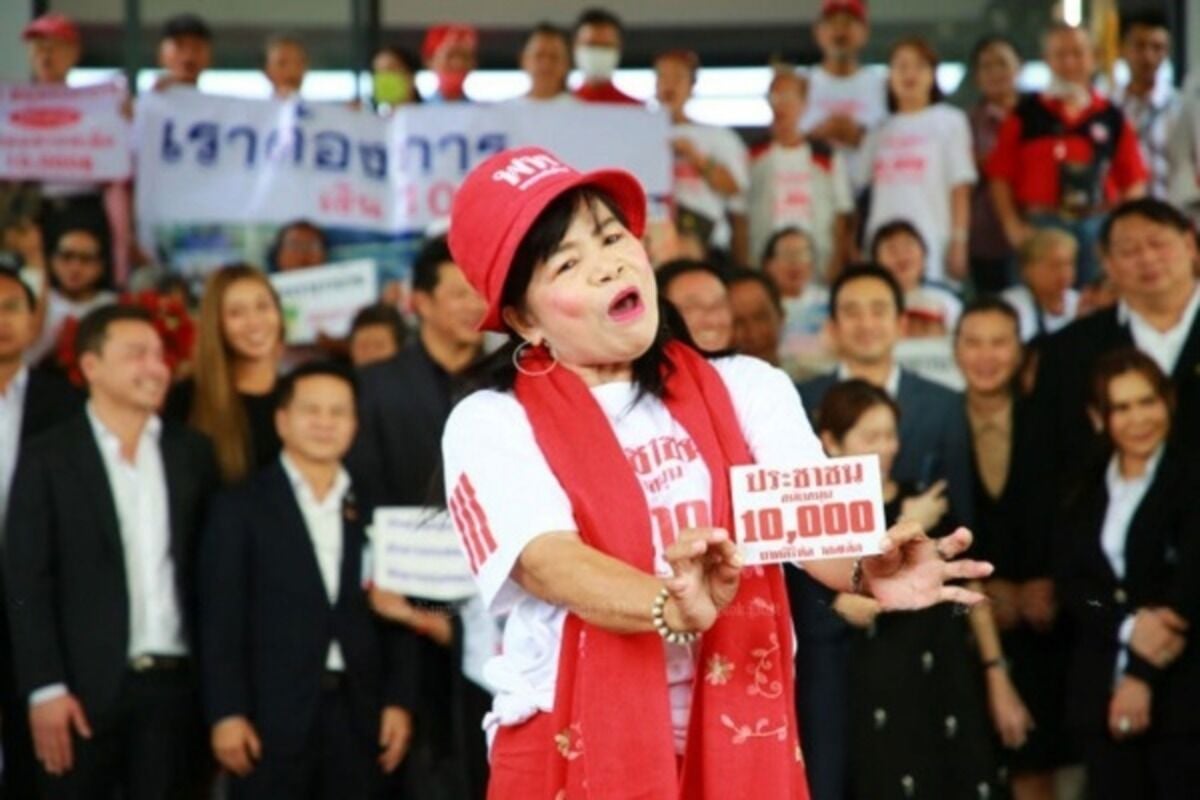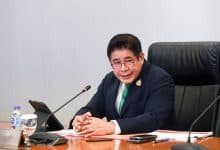Over 1 million vendors join Thailand’s digital wallet scheme

Prime Minister Srettha Thavisin will provide further details on the government’s flagship digital wallet scheme today, with over 1 million shops and vendors registering to participate, according to a government statement issued yesterday.
Deputy Prime Minister Phumtham Wechayachai revealed that the announcement will primarily cover the requirements for eligible recipients to obtain and use the digital money. Additional details will be disclosed in the coming week.
Participating sellers include more than 500,000 stores under the Thai Retailers Association, 150,000 government-certified Blue Flag low-cost shops and food stalls, and approximately 500,000 street food vendors, according to Phumtham, who also serves as the commerce minister. Both sellers and eligible recipients are expected to complete registration before the distribution of funds begins in October.
Responding to inquiries about the inclusion of 7-Eleven stores in the programme, Phumtham indicated that the convenience store chain, boasting around 15,000 branches nationwide, is anticipated to be part of the digital wallet scheme.
The digital wallet scheme, with an estimated cost of up to 500 billion baht, stands as the flagship stimulus policy of the Pheu Thai-led coalition. Funding concerns have already caused its introduction to be delayed twice this year. Additionally, the plan has faced criticism from economists and two former central bank governors, who label it as fiscally irresponsible.
The Thai premier and the Ministry of Finance have announced that the registration period for the 10,000-baht handout will begin on August 1 and conclude 45 days later. Eligible individuals must be Thai nationals and at least 16 years old by September 30, meaning they must have been born before October 1, 2008.
To qualify, applicants must have no more than 500,000 baht in their bank accounts, according to their 2023 tax year filing records, and their annual income must be under 840,000 baht. The distribution of funds will begin on October 1 and continue for six months, as confirmed by Phumtham and the ministry.
The money must be spent within the district where recipients are registered; however, officials are still finalising the list of permissible and prohibited purchases.
Phumtham shared an updated list of 18 goods and services excluded from the handout, which includes government lotteries, alcoholic beverages, tobacco, jewellery, electrical appliances, electronic devices, communication devices, and petrol, reported Bangkok Post.
Latest Thailand News
Follow The Thaiger on Google News:


























